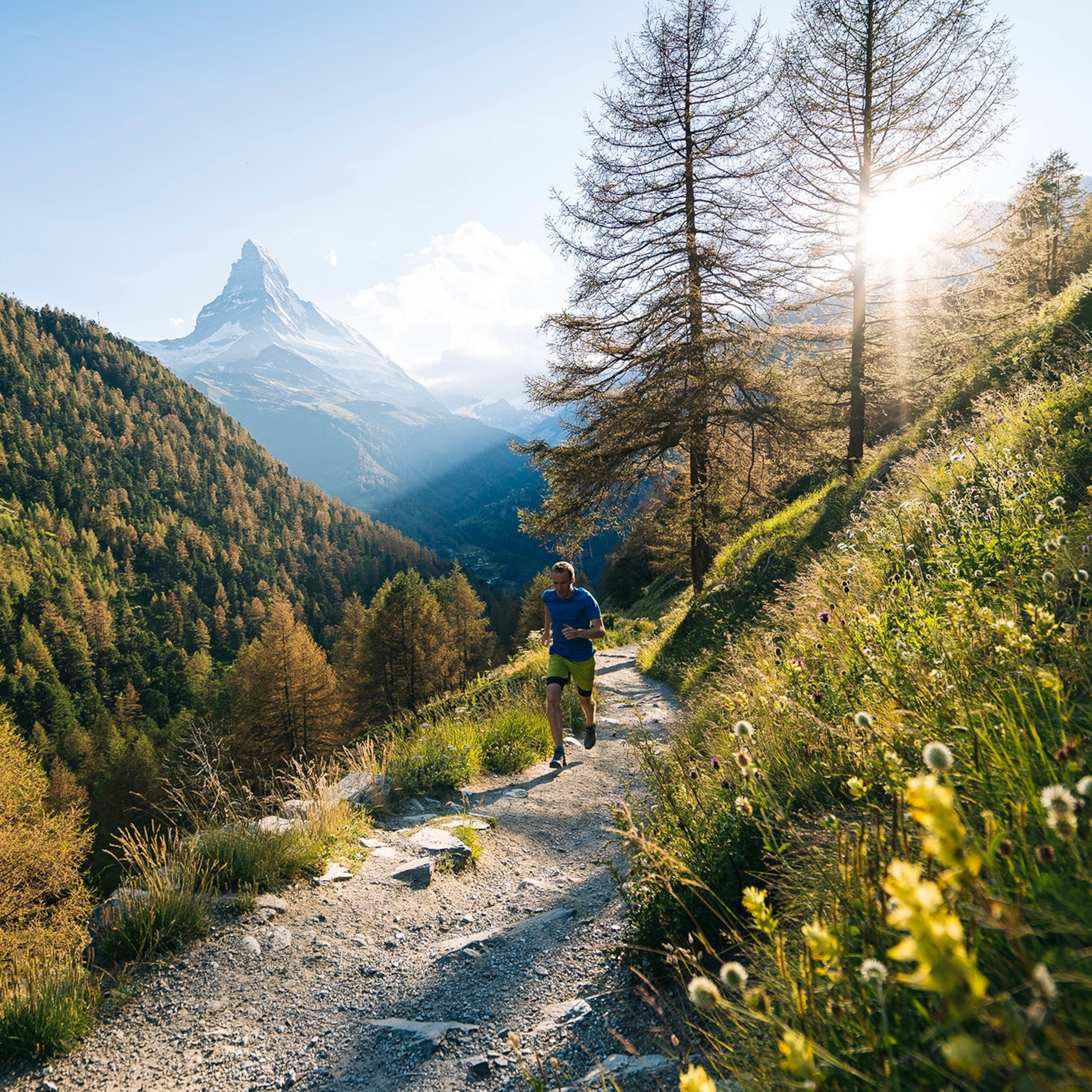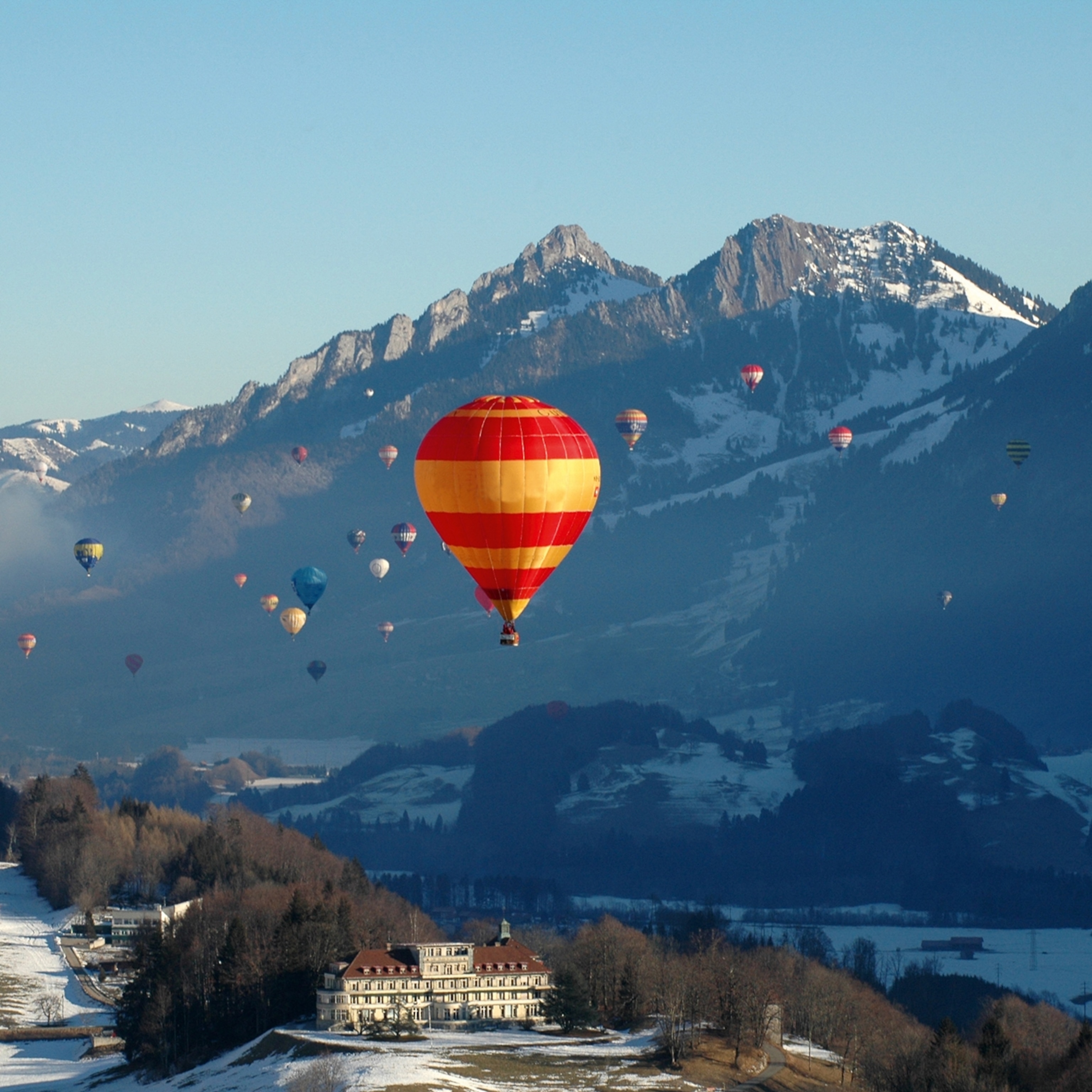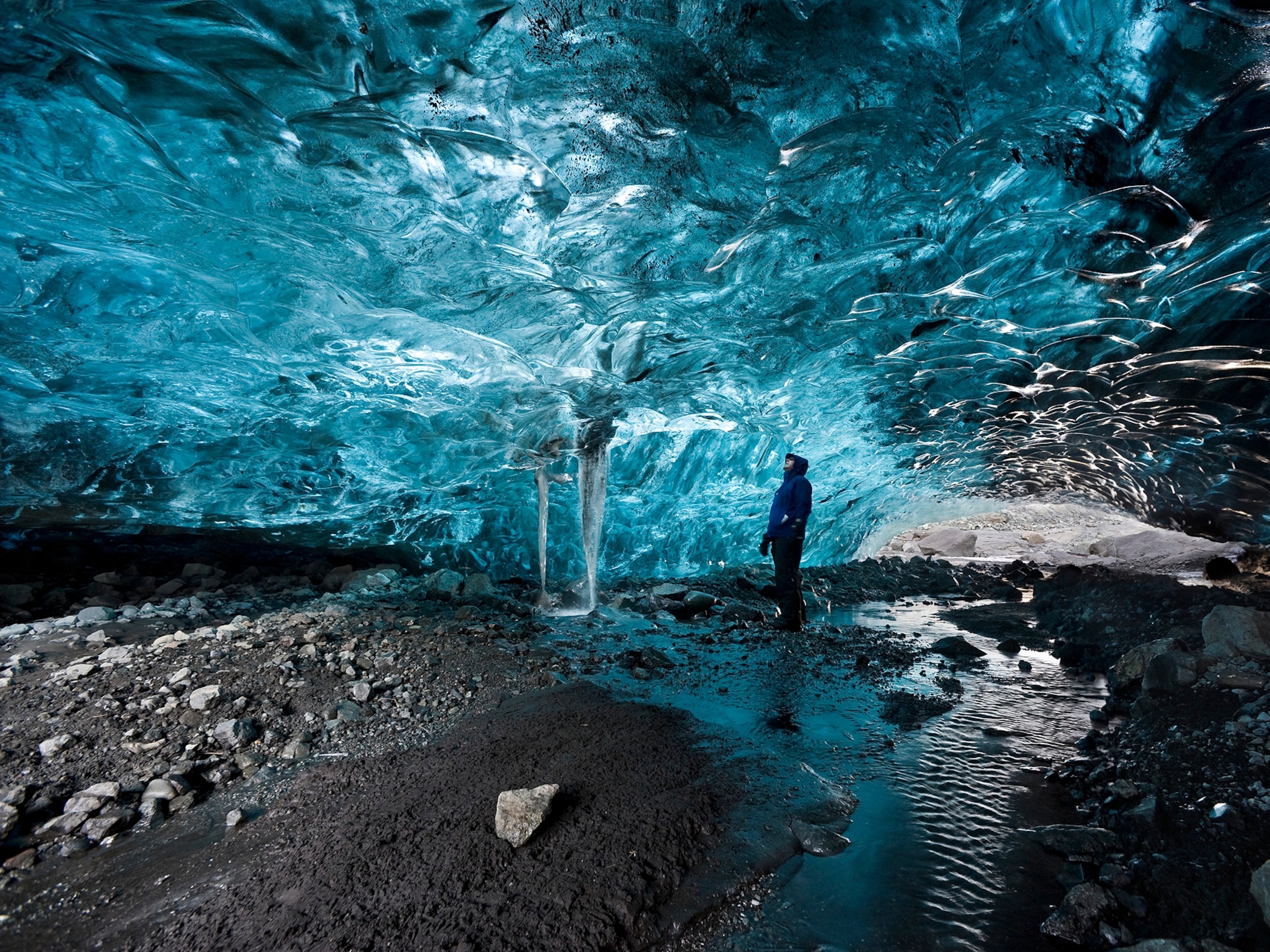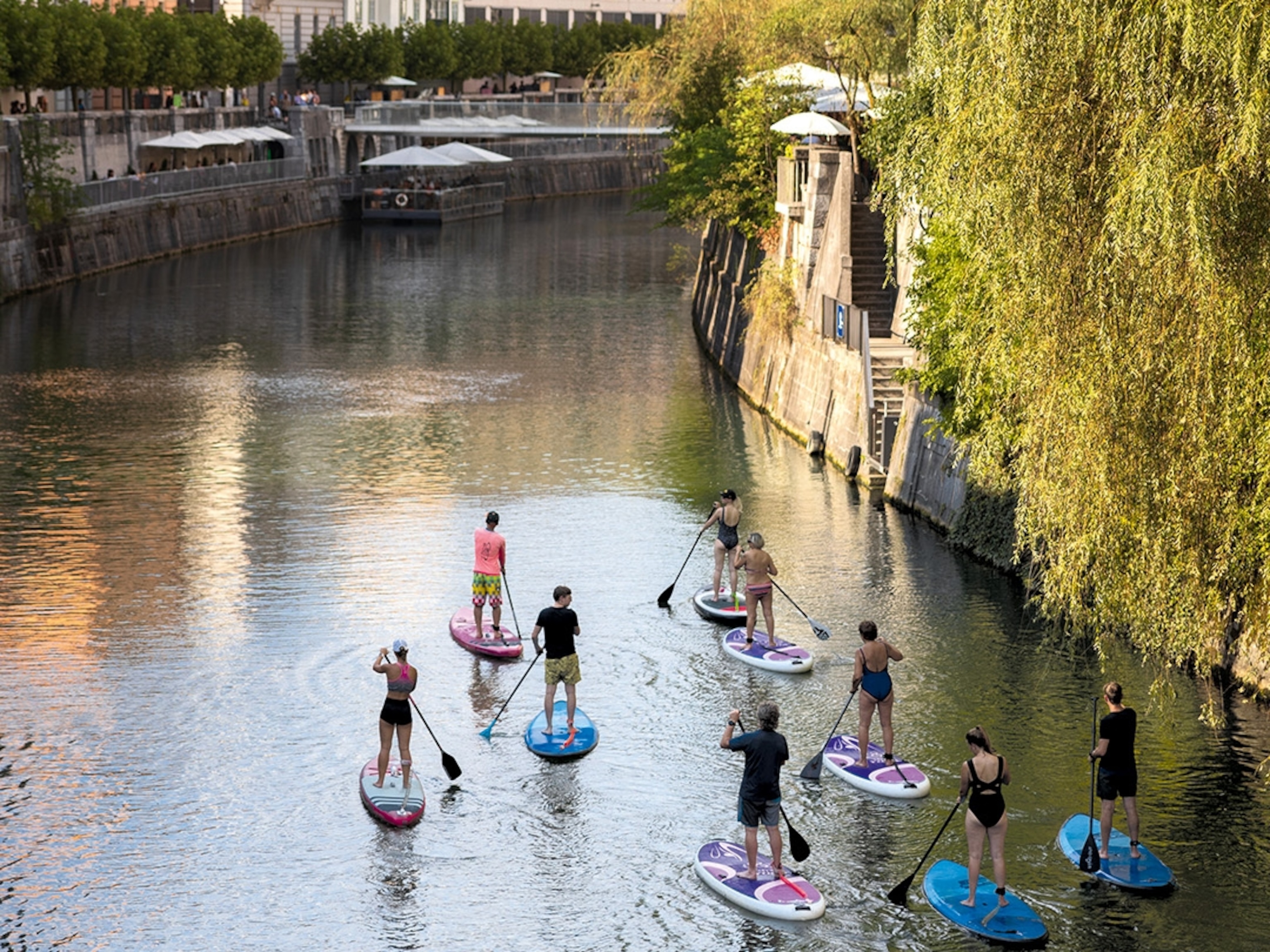
Meet Ariane Stäubli, the mountaineer conquering Switzerland’s greatest peaks
One of Switzerland’s youngest female mountaineers, Ariane Stäubli talks overcoming obstacles, active adventures in off-the-beaten-track regions, and her favourite getaways — from her hometown of Lenk to buzzy Zurich.
Growing up in a small village in Switzerland, Ariane Stäubli, 34, has been lured by the call of the mountains from as far back as she can remember. Today she’s an experienced mountaineer and part-time environmental engineer, who’s all too familiar with the challenges in this male-dominated world. Of 1,250 mountain guides in Switzerland, she is one of only 39 women. But the tides are turning, she says.
And she’s right. Today, on International Women’s Day, Switzerland Tourism has launched a campaign to get ladies to the top — literally. The 100% women challenge is looking for women world-over to climb some of Switzerland highest peaks, 48 of which punch skywards for a staggering 4,000metres. Many of these epic journeys will be led by female mountaineers, championing women who are captivated by lofty peaks and outdoor thrills.
Here, Ariane tells us about night climbing as a teenager, her deep love for nature and the passion she feels for her home country, Switzerland, as well as becoming a role model for women wanting to follow their mountaineering dreams. Read her story and get inspired to tackle some Swiss summits yourself.
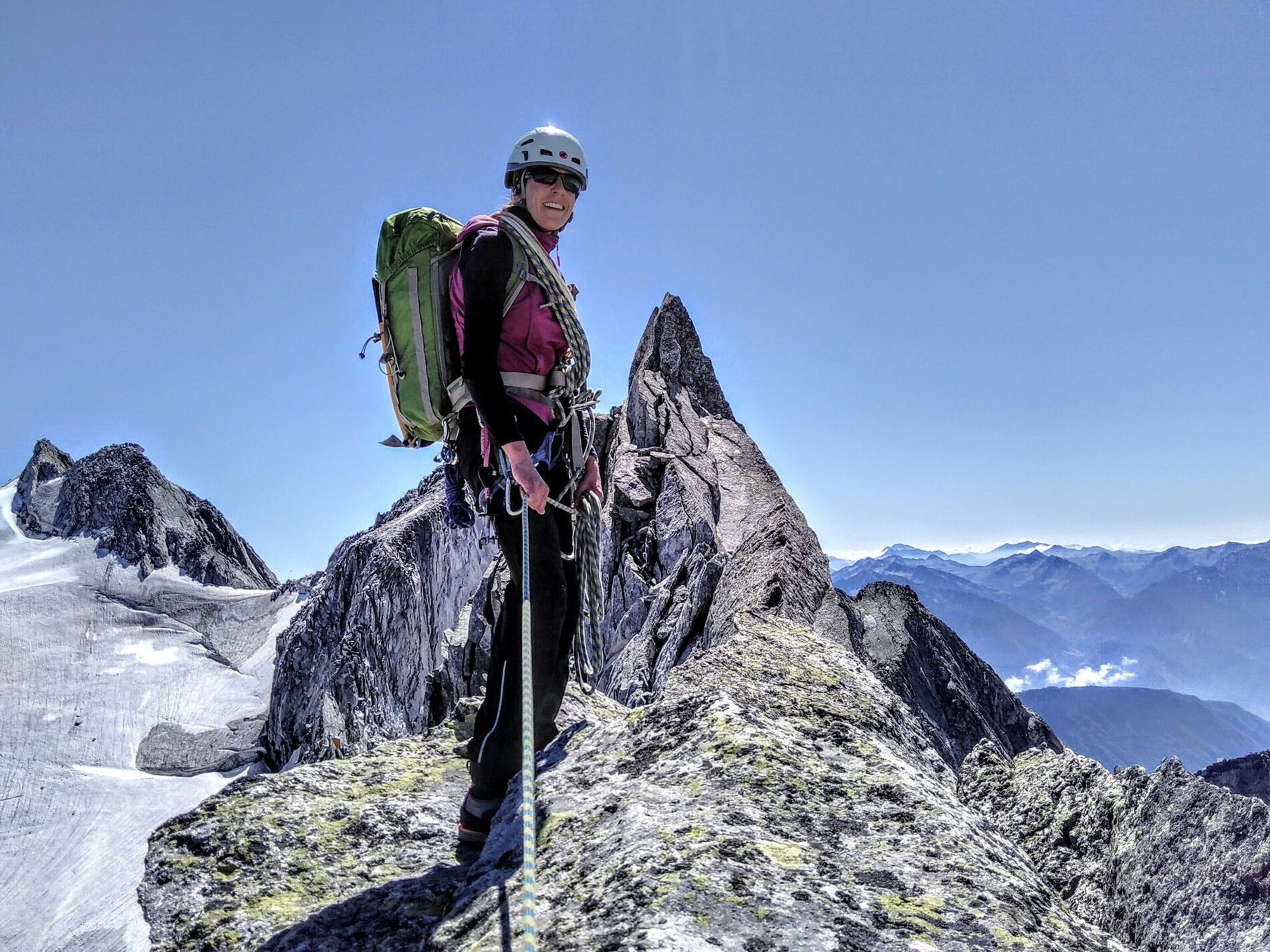
How was your passion for the great outdoors ignited?
I grew up in Lenk — it’s a small village between Grindelwald and Gstaad — and spent a huge amount of time exploring the woods and rivers with friends. I loved climbing trees, especially when it was stormy, and the branches would sway and shake as I clung on. I moved onto mountains when I was about 10 or 11, and eventually joined the local Alpine Club. I loved it. It was a chance to learn the basics, and as I got older my sister and I would just head off and climb the mountains in my region. We never planned anything and would often return well after dark. My mum wasn’t impressed.
How do you prepare, both mentally and physically, for a tough climb?
Physically, I climb all year round and I’m out in nature every day. I focus a lot of my exercise sessions on my back and torso and occasionally do yoga. Before I head out, I gather all the information I can. I chat to other climbers for their take on the conditions and try to visualise the climb, which really helps me prepare mentally.
Where are the most impressive mountaineering spots you’ve visited in Switzerland?
It has to be the quieter regions, away from the famous peaks. The central spots around Uri and Glarnerland are unknown and you might not see another soul while exploring. There are no trails and you have to find climbing walls yourself using maps and photos. It’s a chance to feel utterly alone. Taking on those sorts of challenges may have some danger, but that’s all part of the excitement. When I’m climbing, it takes me out of my comfort zone — I live in the moment and forget everything around me. I actually find it very calming.
Where’s on your adventure wish list?
I’d love to climb the highest peaks in Europe. Last summer, I travelled through the Balkans to Albania and Montenegro. I’ve climbed Kilimanjaro with clients and spent a winter season ski touring in Turkey. But time and again, I always go back to the Alps, and even after all these years my favourite place to tour is my hometown, Lenk. There, I know every valley and every hill.
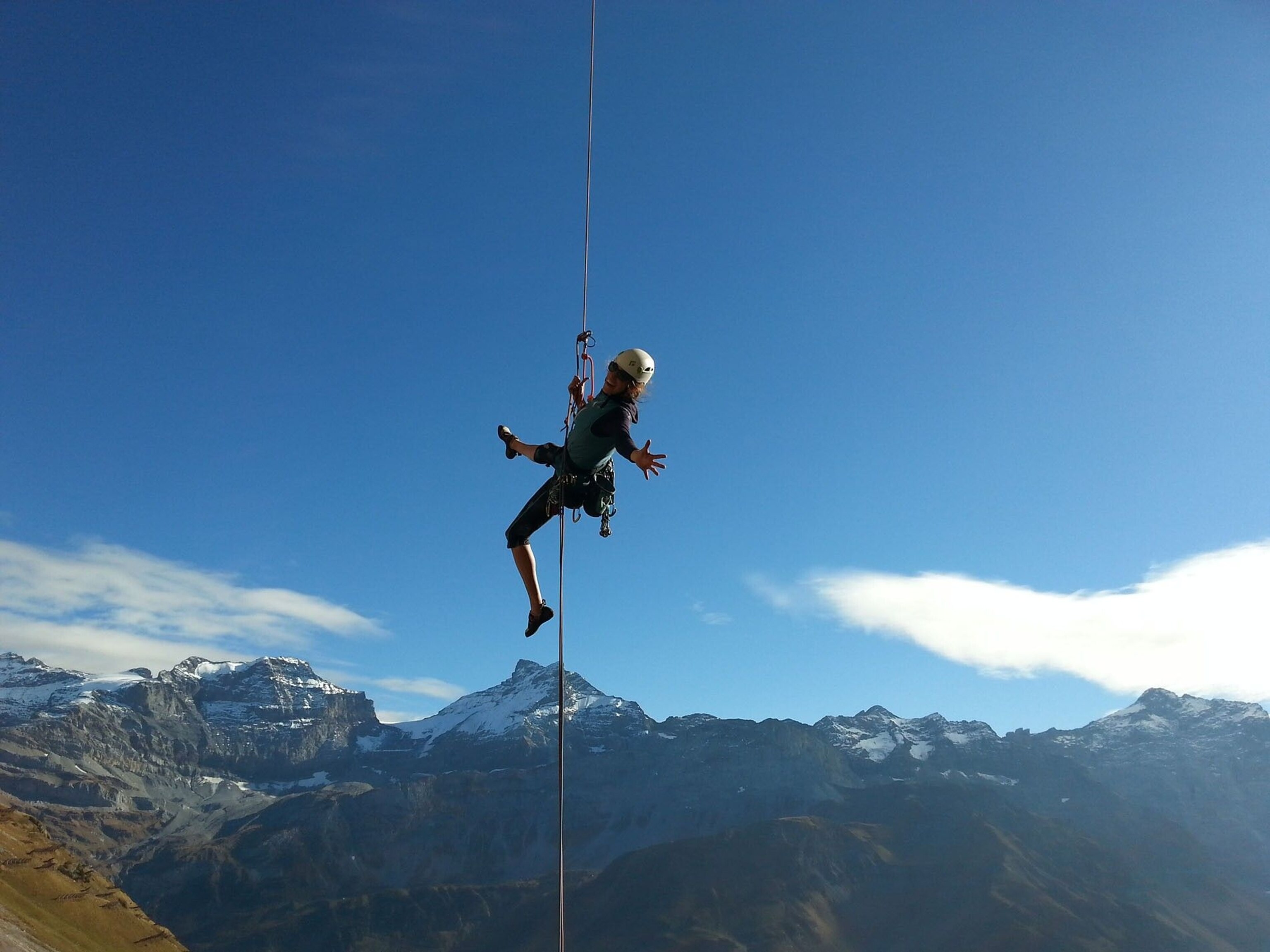
What are you most proud of?
In 2014, I crashed down a mountain for around 1,600ft. It was really bad, and the doctors said I could forget mountaineering. My knee was destroyed. But after several operations with a specialist, I restarted training and eventually recovered. The whole experience humbled me and gave me a huge appreciation for even small mountain trips. For me, the mountains are a place to feel free.
Would you say mountaineering is a male-dominated sport?
Yes. Many women are deterred as it can be a male-driven pathway. All the training, for example, is still focused on the technical, physical part — a system made by men for men, which I think puts some women off. But things are slowly changing, and I think it’s important to follow your own path. Yes, you need courage, but if you dare to ask, you never know what you can achieve. I guess that’s why I’ve managed to get where I am today.
During your downtime, what do you love to do?
I’m all about creating a more sustainable society to tackle the problems we see in nature, and I work with an NGO on a number of small projects. Here in Switzerland, you can see glaciers retreating right in front of your eyes. It’s creating rock fall in the mountains during summer and can make climbing really dangerous. It’s frightening to see so much change in one generation, so I’m fighting to do something about it.
What do you love most about Switzerland?
It has to be the quick access to the mountains. You can drink coffee and soak up the city buzz in Zurich in the morning, walk or climb in the middle of nowhere in the afternoon, and later, swim in a lake with friends and catch up over a barbecue. It astonishes me every time how easy it is to access the wilderness.
If you were to recommend one place in Switzerland, where would it be?
There are a few — it’s too hard to choose just one. First up, my hometown in Lenk. There are so many different types of rock nearby that are thrilling to climb. Then Bergell in the southeast; the climbing there’s very impressive too. The good thing about climbing in Switzerland is the facilities; there’s no need to carry tents and gear, and there are plenty of mountain cottages dotted around where you can get a hot meal and good night’s sleep.
Sum up Swiss nature in three words.
Overwhelming, diverse, calm.
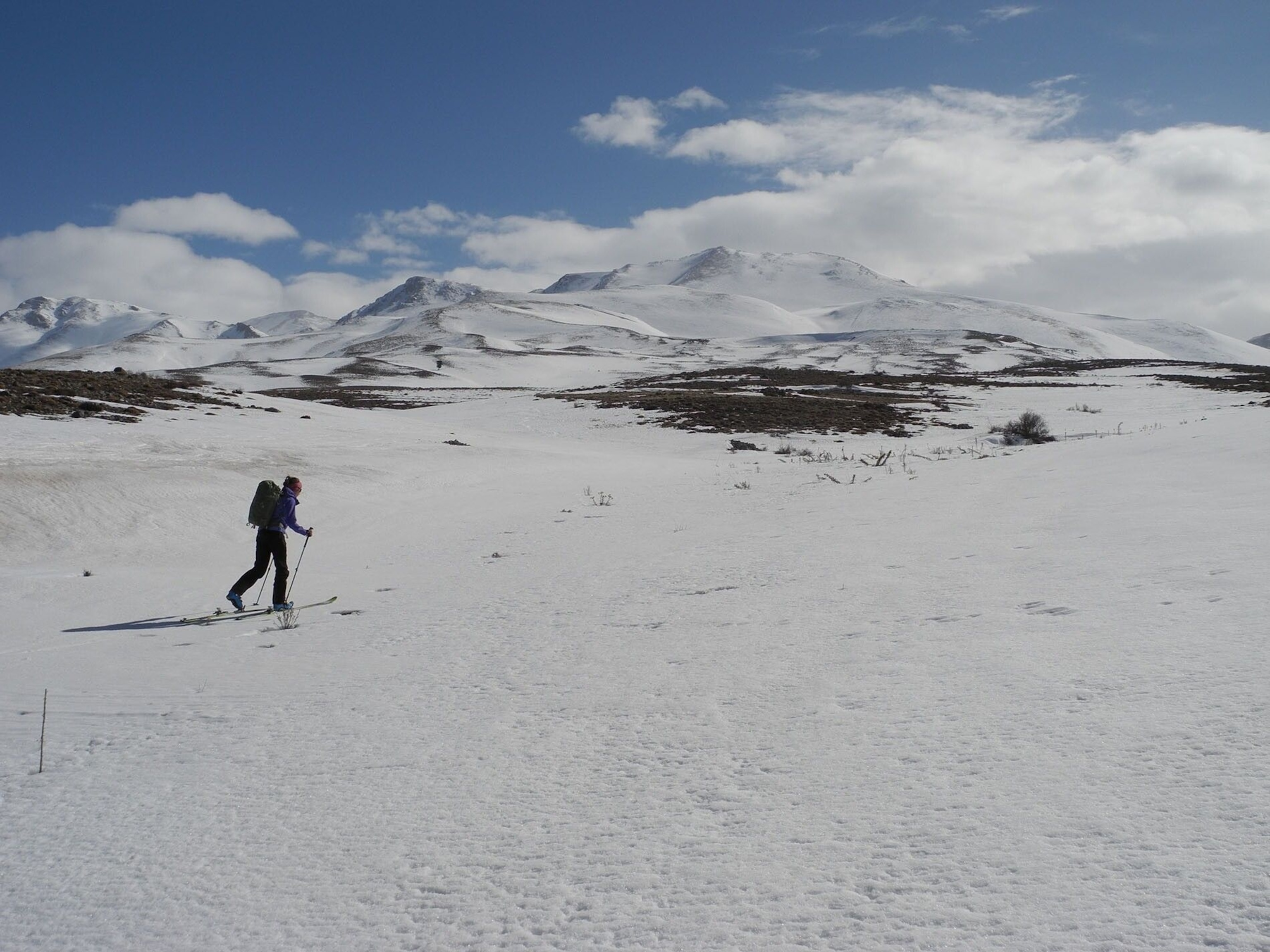
Essentials
SWISS is among the many airlines serving Zurich and Geneva Airport. Or, more sustainably, take the Eurostar to Paris, then connect with TGVs that race to Geneva in just over three hours. Once there, the money-saving Swiss Travel Pass lets you explore with a single ticket.
Accessing nature from Swiss cities is quick and straightforward, with efficient public transport across the country. From Zurich, for example, a short 25-minute train ride will take you to the top of 2’850ft-high Uetliberg, where views stretch out across the city. Ariane’s hometown of Lenk, meanwhile, lies at the foot of the Wildstrübel massif, a mountain straddling the Bern and Valais border and a perfect spot for hiking. Alternatively, consider basing yourself in another iconic Swiss city such as Geneva, Lausanne or Lugano, from which mountain day trips are excellent and easy to organise.
Switzerland Tourism has 230 offers and events especially geared towards women. All experiences embrace the great outdoors and range from just a few hours to several days. The 100% Women Peak Challenge will run for six months, until 8 September 2021. Click here to book your epic Switzerland mountain adventure.
To find out more, visit MySwitzerland or for more travel inspiration head to Facebook or Instagram.
Sign up to the National Geographic Traveller (UK) newsletter and follow on social media:
Facebook | Instagram | Twitter
